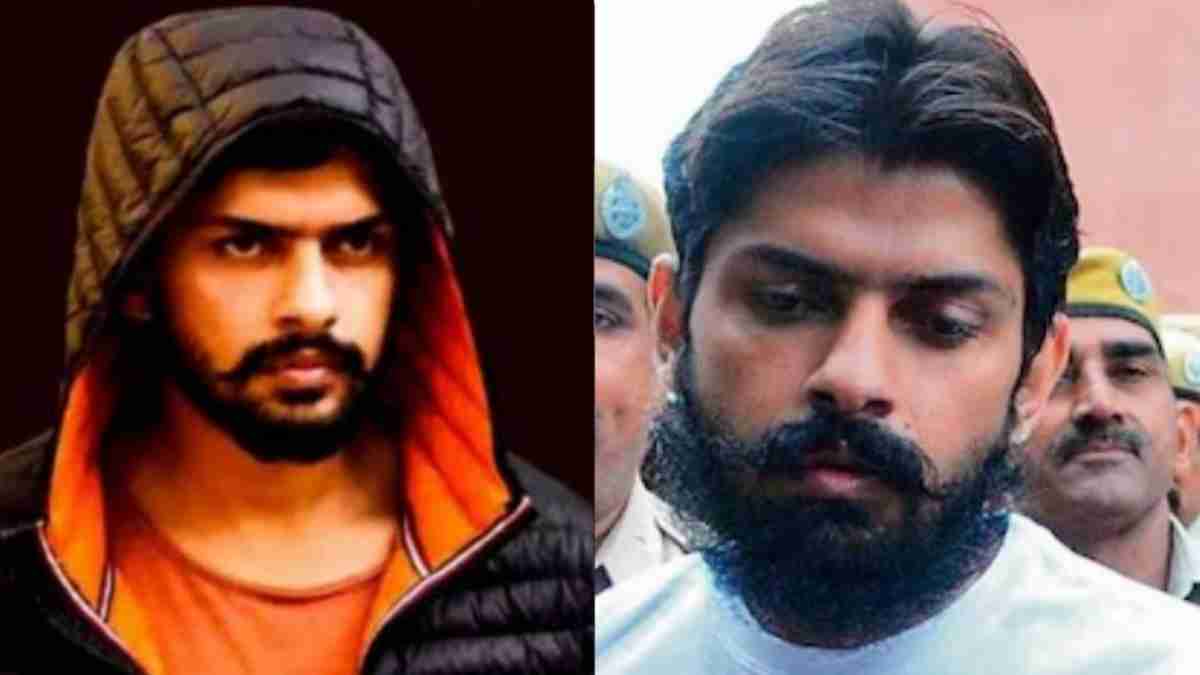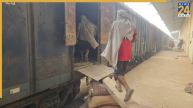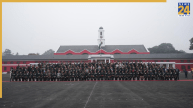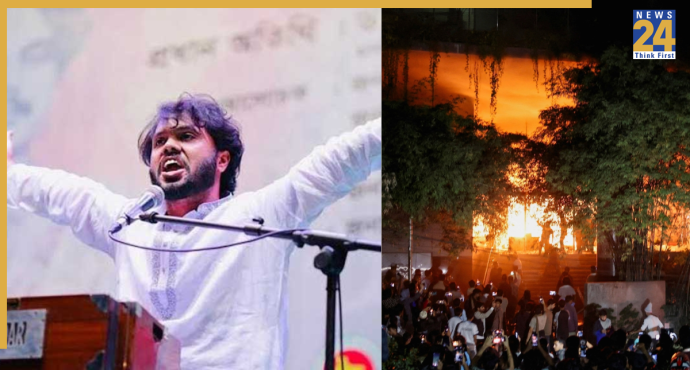As part of the investigation into the murder of Maharashtra MLA Baba Siddique earlier this month, Mumbai police have alleged that the two accused shooters are connected to the Lawrence Bishnoi gang. Bishnoi, who is currently held in Gujarat’s Sabarmati jail under a cross-border drug smuggling case, was previously named in an incident involving gunfire outside actor Salman Khan’s residence in April. However, the Mumbai police were unable to take him into custody.
Legal Process and Fair Trial Requirements
Typically, a person on trial is brought before the court to ensure a fair trial. Courts have the authority to issue orders for the accused’s presence during inquiries, trials, or other legal proceedings under Section 267 of the Criminal Procedure Code (CrPC). However, any agency wishing to interrogate Bishnoi must do so within the jail premises. Here’s why.
Why Investigating Agencies Can’t Take Bishnoi’s Custody
In August 2023, the Ministry of Home Affairs issued an order specifically restricting Lawrence Bishnoi from being taken out of jail for any purpose under Section 268 of the CrPC. This restriction was extended for another year in August 2024 under Section 303 of the new Bharatiya Nagarik Suraksha Sanhita (BNSS), which replaced the CrPC. As a result, Bishnoi cannot be produced in court, and any investigation must occur within the jail. Court orders requiring Bishnoi’s physical presence are ineffective as long as the restrictive order remains active.
What Do the Restrictive Orders Entail?
Section 268 of the CrPC grants state governments the power to exclude certain prisoners from the provisions of Section 267, which mandates the production of prisoners in court. Under Section 303 of the BNSS, both central and state governments can issue orders preventing certain individuals from being removed from prison. This restriction can be imposed based on three criteria:
- The nature of the offense for which the person is confined.
- The potential disturbance of public order if the individual is allowed to leave prison.
- The general public interest.
Challenges Faced by Investigating Agencies
Investigating within the jail limits the process, as only a few officials may be permitted to interrogate the prisoner for a restricted time, and other accused individuals cannot be present during questioning. Authorities often cite security concerns, arguing that the person may try to escape or face threats to their life if allowed outside jail.
Also Read: Family Of Lawrence Bishnoi Incurs ₹40 Lakh Yearly Expense For Imprisoned Gangster, Cousin Reveals
Precedents of Restrictive Orders
In May 2013, the Maharashtra government invoked Section 268 of the CrPC to prevent Zabiuddin Ansari, an accused in the 2008 Mumbai terror attacks, from being produced in court. The Bombay High Court rejected Ansari’s plea to quash this restriction, allowing him to attend the trial through a video link from jail. However, courts have, at times, overturned state government orders when reasons for restricting movement were insufficient.
Guidelines and Use in Other Cases
In 2014, the Gujarat government issued guidelines requiring police to consider the accused’s behavior and the severity of the case before restricting prisoner movement. Additionally, restrictive provisions have been used to limit furlough and parole for prisoners involved in terror cases. In one instance, a terror convict serving 20 years in jail appealed to the Gujarat High Court after being denied furlough. The court directed authorities to reassess the decision, as the order had been in place for over a decade.
Also Read: IMD Weather Update: Heavy Rain Forecast For Bengaluru; Delhi May Face Warm Temperatures Ahead













